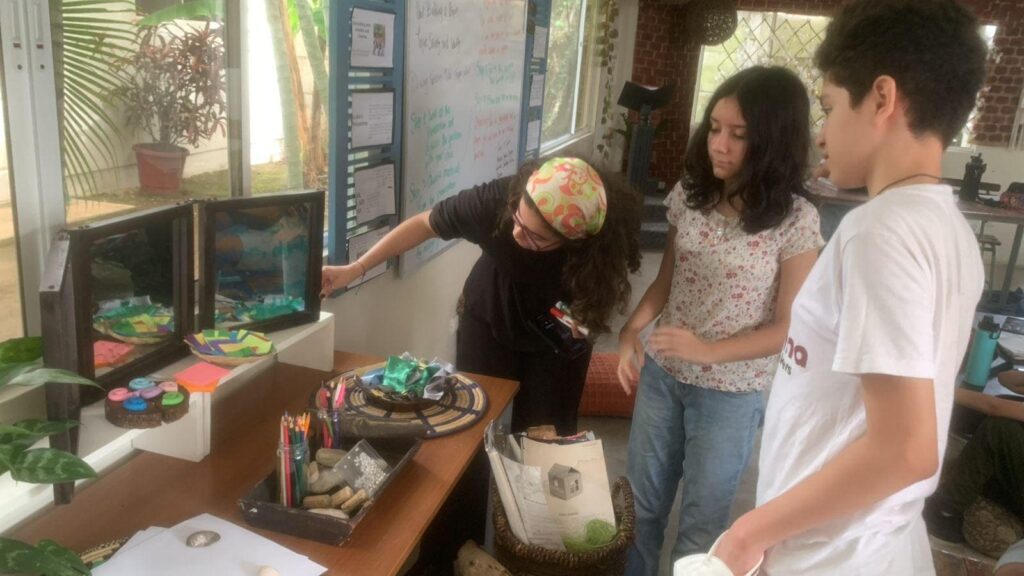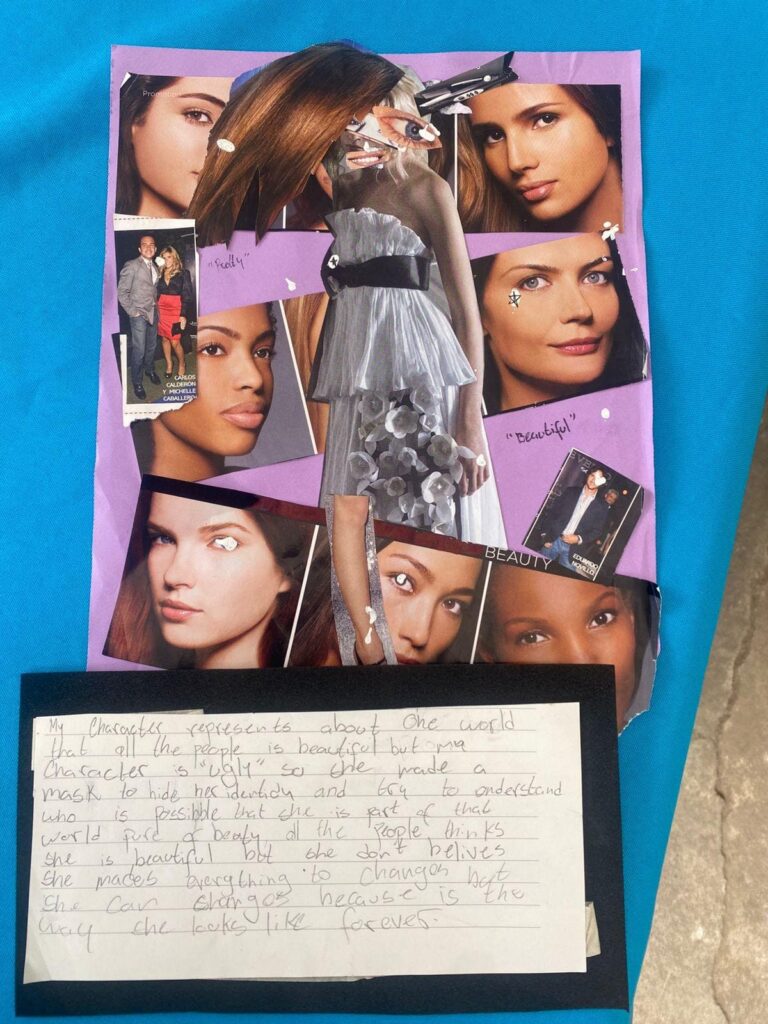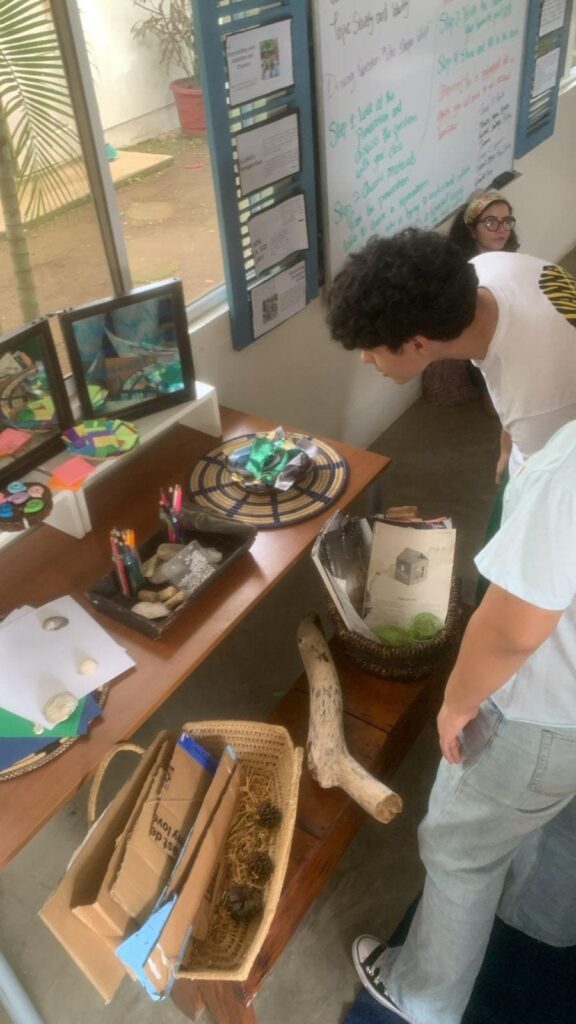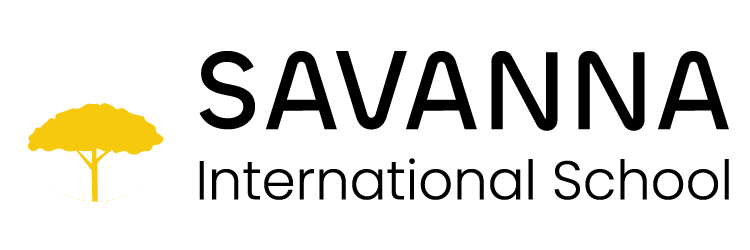I stumbled into education by mere coincidence—or perhaps, by destiny. Something tugged at my heart, whispering that my place was in a school, right where real change happens and where the future is constantly being shaped. The future begins with the young, sponge-like minds of children—both the little ones and the not-so-little ones—who challenge the world with questions adults too often dismiss as annoying, such as the infamous: “But… why?”

A few years ago, I found Savanna (or perhaps Savanna found me)—a place where children’s voices, ideas, and well-being are valued above all else. If I tried to recall every lesson and reflection I’ve gathered throughout my journey here, this space would not be enough.
Of course, we all know the life of a teacher—or, more accurately, a Savanna companion. As passionate as we are, the work can be draining. Last week was exactly like that for me. I felt completely worn out, wanting nothing more than to go home and collapse onto my bed. But then, in an English Language Arts class with my Middle Schoolers, everything shifted. We dove into a deeply engaging discussion.
It began with the question: “Does society shape the world, or does the world shape society?” Immediately, students began sharing their insights. Santiago offered, “I think both, because the world gives us what we need to live—the world basically made us—but we still throw trash, and that modifies our world.”

Bryan added, “I think it’s a cycle because humanity takes resources, and we use them to become better or worse people. If better, then society is better. If worse, then it makes society worse.”
As I listened, I felt excitement bubbling up. Class discussions like these are essential—they help us understand our students, our explorers, in ways no test or assignment ever could.
Then came the next question: “Do you think we, as who we are today, can change the world? Do you think you can change the world?” Their answers became even more diverse, opening up a space for honest listening and sharing.
Marley said, “Maybe, but it’s difficult to convince society to make a change.”
Bryan responded passionately, “But it’s still possible.”
Chema added, “No, because you can’t convince everyone, and it’s hard to change the world on your own.”

And then Tony shared something that has stayed with me for days: “…Maybe you don’t have the biggest impact or knowledge, but you can influence people all around the world, and then they influence even more people based on your message. You never really know who you’re going to influence. So depending on the person you reach, you can change the future—for better or for worse.”
It seemed obvious, of course, and I’ve always known it. But hearing it from one of my own students made me reconsider my choices. Too often I’ve thought, mistakenly, that my efforts to set a good example or plant seeds of change are in vain. I catch myself wondering, “Why bother? Am I really contributing something? Can we really change the world?” But Tony is right: we never know who we will influence or how. And in that way, we are changing the world. Maybe they are small steps—but every single step matters. These kids are paying attention.

All of them were right, in their own way. As Marley and Chema said, it is difficult to convince society to change. And yet, like Bryan, I believe it’s still possible. As citizens of the world—and especially as teachers/companions—we must believe that change can happen. If we don’t, then why did we choose this path?
Savanna, especially, is capable of that change. We are here because we hope for a better present and a better future. To achieve that, we must listen to our Savanna explorers; to learn from them how to become better role models.
Thank you, Middle Schoolers. Once again, you’ve reminded me why I chose this path. You are the reason.
